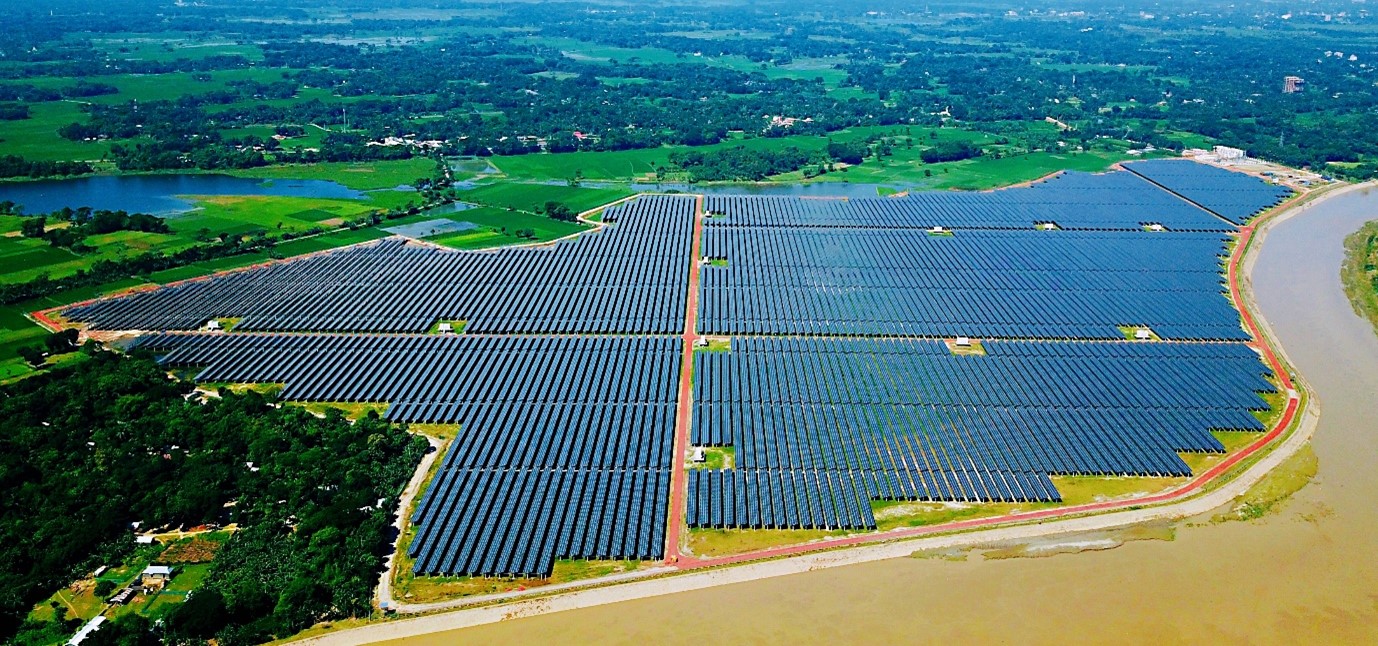
Blog

Parties To The UNFCCC Adopted The Paris Agreement In COP21 And Targeted To Limit The Global Temperature Increase To Well Below 2°C Above Pre-Industrial Levels And Pursue Efforts To Limit The Temperature Increase To 1.5°C Above Pre-Industrial Levels’ And NDC Has Become The Main Vehicle To Achieve The Paris Agreement’s Temperature Goal. However, The Paris Agreement Asked The Parties To Update The NDCs By 2020 With More Ambitious Targets And Every Five Years Thereafter. Article 4.4 Of The Paris Agreement Encouraged The Developing Country Parties To Move Over Time Towards Economy-Wide Absolute Emission Reduction Targets In The Light Of Different National Circumstances.
Following Decision 1/CP.21, Para 24, Bangladesh Revised Its First NDC And Submitted Updated NDC In August 2021 Enhancing Both Unconditional And Conditional Contributions With Ambitious Quantifiable Mitigation Targets. Moreover, The Updated NDC 2021 Stated That, GHG Emissions Would Be Reduced By 27.56 Mt CO2e (6.73%) Below BAU In 2030 In The Unconditional Scenario And 15.12 In Conditional Scenario (International Support). Here, 26.3 Mt CO2e (95.4%) Of This Emission Reduction Will Be From The Energy Sector While 0.64 (2.3%) And 0.6 (2.2%) Mt CO2e Reduction Will Be From AFOLU (Agriculture) And Waste Sector Respectively. The Mitigation Actions Identified In The Updated NDC Have Been Aligned With The Government’s Eighth Five Year Plan (8FYP, 2020-2025) And The Mitigation Actions Will Be Implemented By The Relevant Ministries And Line Agencies, While MoEFCC Will Coordinate The Overall NDC Implementations. The MoEFCC Will Work Closely With The Planning Commission, Which Coordinates Action On The Implementation Of The FYPs.
The NDC Implementation Period For Bangladesh Is From January 2021 To December 2030 And Single-Year Targets For 2030. Full Implementation Of The Mitigation Actions Of NDC Will Require About USD 175 Billion Whereas The Government Of Bangladesh Will Continue To Commit Resources To Implement The Unconditional Actions Which Will Require USD 32 Billion By 2030. Moreover, The Private Sector And NGOs Are Also Expected To Contribute Significantly To These Climate Change-Related Activities Through Public-Private Partnerships And Green Banking.





